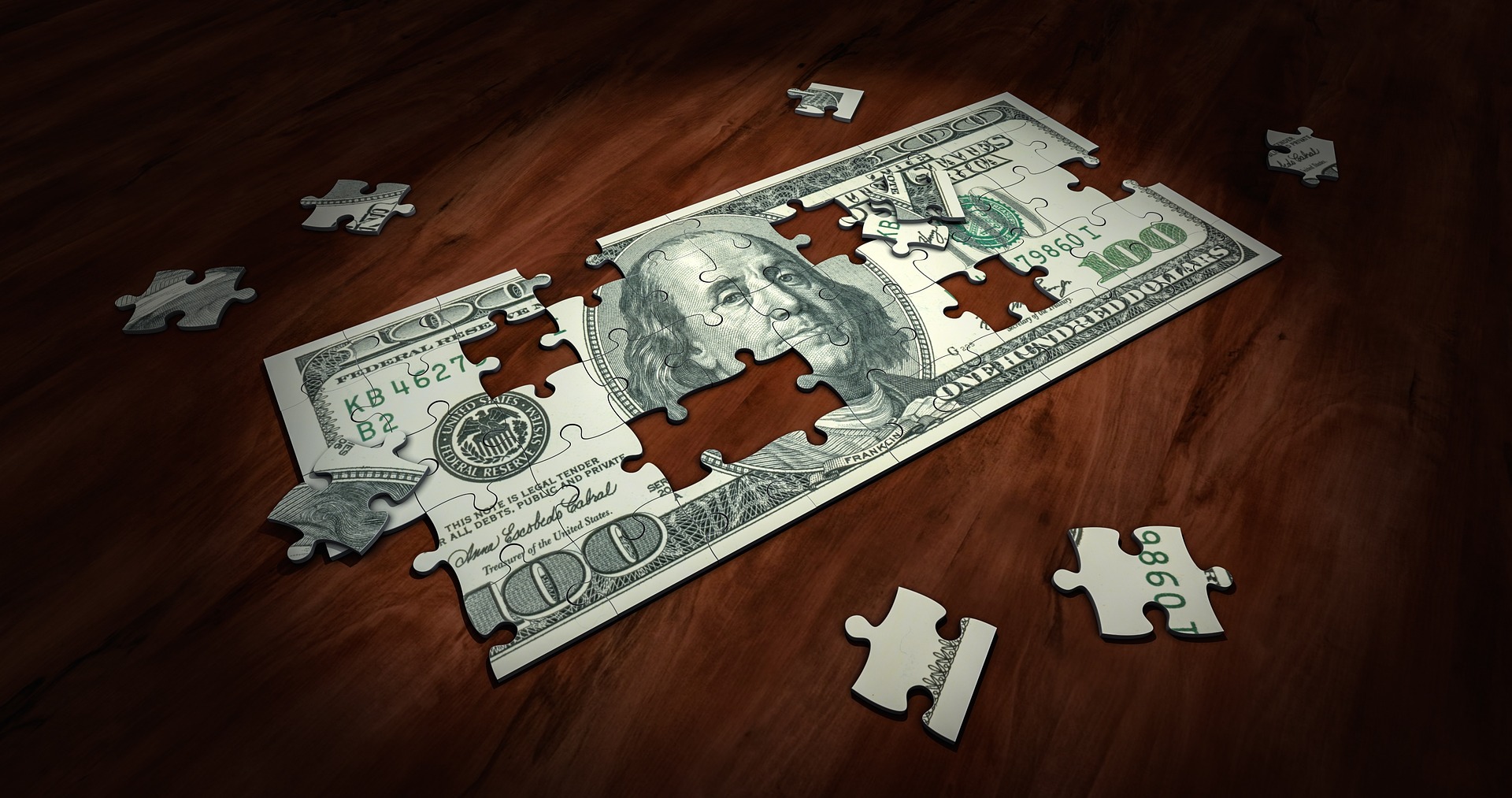We asked our Mortgage Lending team some of things they share with first time homebuyers.
Starting with: What other expenses do we need to plan for once we buy our home?
“The costs that happen after the closing are usually the biggest items typically overlooked in the buying process. These might include moving costs, new furniture, simple upgrades such as painting and repairs, and the cost of getting your utilities hooked up. These costs could be several thousands of dollars.”
Mark Roux
Mortgage Loan Specialist
“If the fuel tank is empty, that might be big expense that will arrive almost immediately. Depending on property locations, you might require someone to plow the driveway. Appliances (stove, refrigerator, heat, water) are tested during the home inspection, but they might be old and require replacement for safety and energy efficiency.”
Janet Costa – NMLS #445842
Read More About Janet
“Many homeowners underestimate just how much maintenance and repairs can cost. If you own a single-family home, you can expect to pay 1% to 3% of your home’s value in repair and maintenance costs. That can be $2,000 to $6,000 annually if you own a home worth $200,000. You might spend even more each year if your home is older or in need of repairs.”
Sherry Noyes – NMLS #1135349
Read More About Sherry
“In addition to the monthly principal and interest payment, the home owner will be required to pay property taxes and home owner’s insurance. Utilities, trash removal, lawn care, and snow removal will also present additional expenses, as will heating fuel. Depending on how far away the home is from the owner’s place of employment, they could see increased expenses for travel and automobile maintenance. Last but not least, overall expenses for maintaining the condition of the property itself (painting, appliance replacement, etc.).”
Christie Mitchell – NMLS #515972
Read More About Christine

What is Escrow and why is it needed?
“Escrows for property taxes and homeowner’s insurance are typical and generally required with a down payment less than 20%. Oftentimes, the homeowner will opt for these as a convenience. Property taxes and homeowner’s insurance premiums are calculated on a monthly basis and added to the principal and interest payment, allowing the homeowner to make one payment to the lender. The lender is then responsible for making sure the taxes are paid to the city or town on time and for making sure the homeowner’s insurance premium is paid annually.”
Christie Mitchell – NMLS #515972
Read More About Christine
“After you purchase a home, you’ll be responsible for maintaining insurance on the property and paying state and local property taxes. The property tax and insurance premiums you owe are the escrow payments made to your escrow or impound account. The impound account ensures that the funds for taxes and insurance are available and that premiums are paid on time. Your lender doesn’t want you to miss a tax payment and risk a foreclosure on the home. They also don’t want you to miss a homeowner’s insurance payment, or they may be forced to take out additional insurance on your behalf to cover the home in the event of property loss or severe damage.
Lenders usually require at least two months’ worth of insurance and property tax funds in the impound account at closing. The amount you have to prepay into an impound account for these costs is based on your location. Keep in mind that these funds aren’t additional closing costs. Instead, you’re prepaying extra months of home insurance and property tax bills that you would be required to pay when due. Your mortgage servicer will list the initial escrow payment amount due at closing on your loan estimate.”
Sherry Noyes – NMLS #1135349
Read More About Sherry
“With an escrow, the lender will be responsible for paying the taxes and/or home insurance when those bills are due. This is helpful for a first-time home buyer to ensure the bills get paid on time.”
Sarah Powell – NMLS #446222
Read More About Sarah
What is PMI (Private Mortgage Insurance)? Why and for how long do I need it?
“PMI is insurance that covers the lender in the event the borrower defaults on the loan, and is required whenever the down payment is less than 20% of the lower of the purchase price or appraised value. The borrower pays a monthly premium for this coverage and, generally, once they have paid the loan down to 80% of the lower of the purchase price or appraised value and the payment history is acceptable, the PMI is discontinued. Some government-sponsored loans do, however, require that PMI be paid for the life of the loan.”
Christie Mitchell – NMLS #515972
Read More About Christine
“With Conventional PMI, you can request it be eliminated at 80% loan to value. At 78% loan to value, it is automatically eliminated. With government loans, PMI remains for the term for USDA and FHA, although the premium reduces. For VA, it is an upfront fee unless you have a VA disability, and then it is waived.”
Janet Costa – NMLS #445842
Read More About Janet
“This is security for the lending institution and is typically billed in escrow until the loan to value ratio is at 78% or the house appraises higher, which changes the loan to value ratio.”
Philip Juanes
Mortgage Loan Specialist
